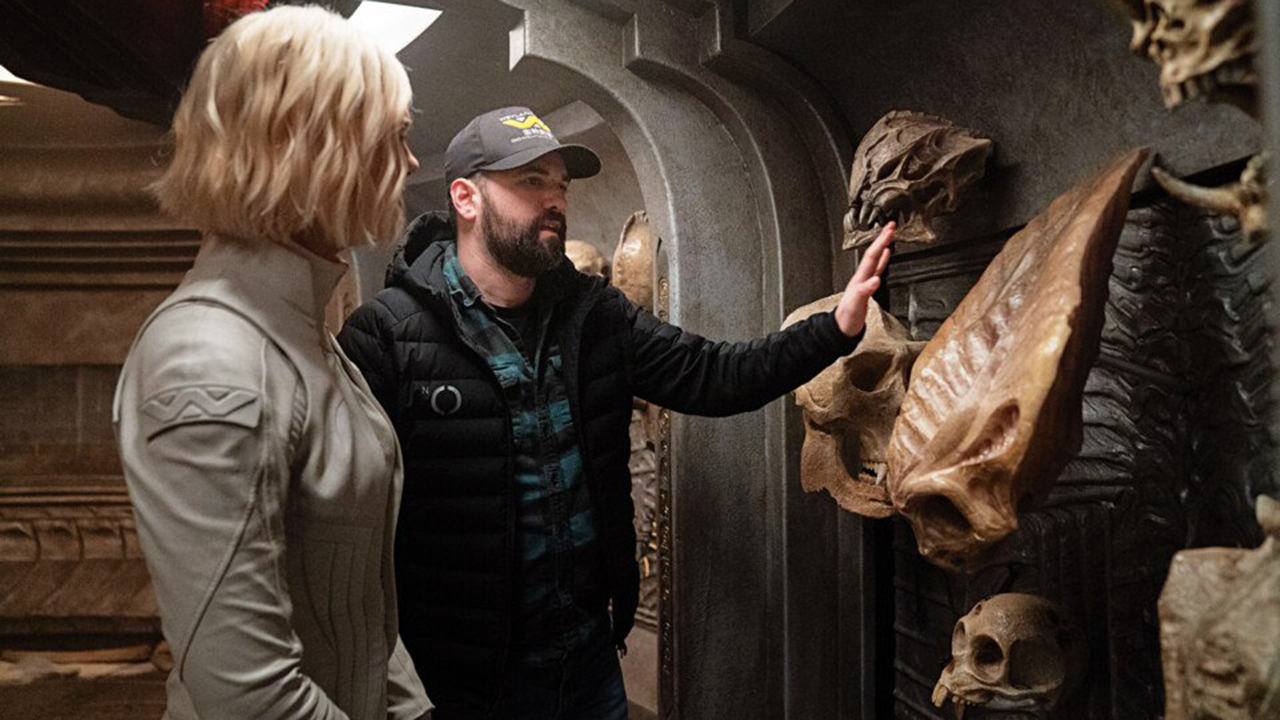'Alien: Earth' predicts a transhumanist future, but could we ever digitize human consciousness? We asked the experts (exclusive)
Alien: Earth suggests a future where consciousness isn't confined to the body you're born in, but is this a realistic possibility, or merely science fiction? We spoke to experts to find out.
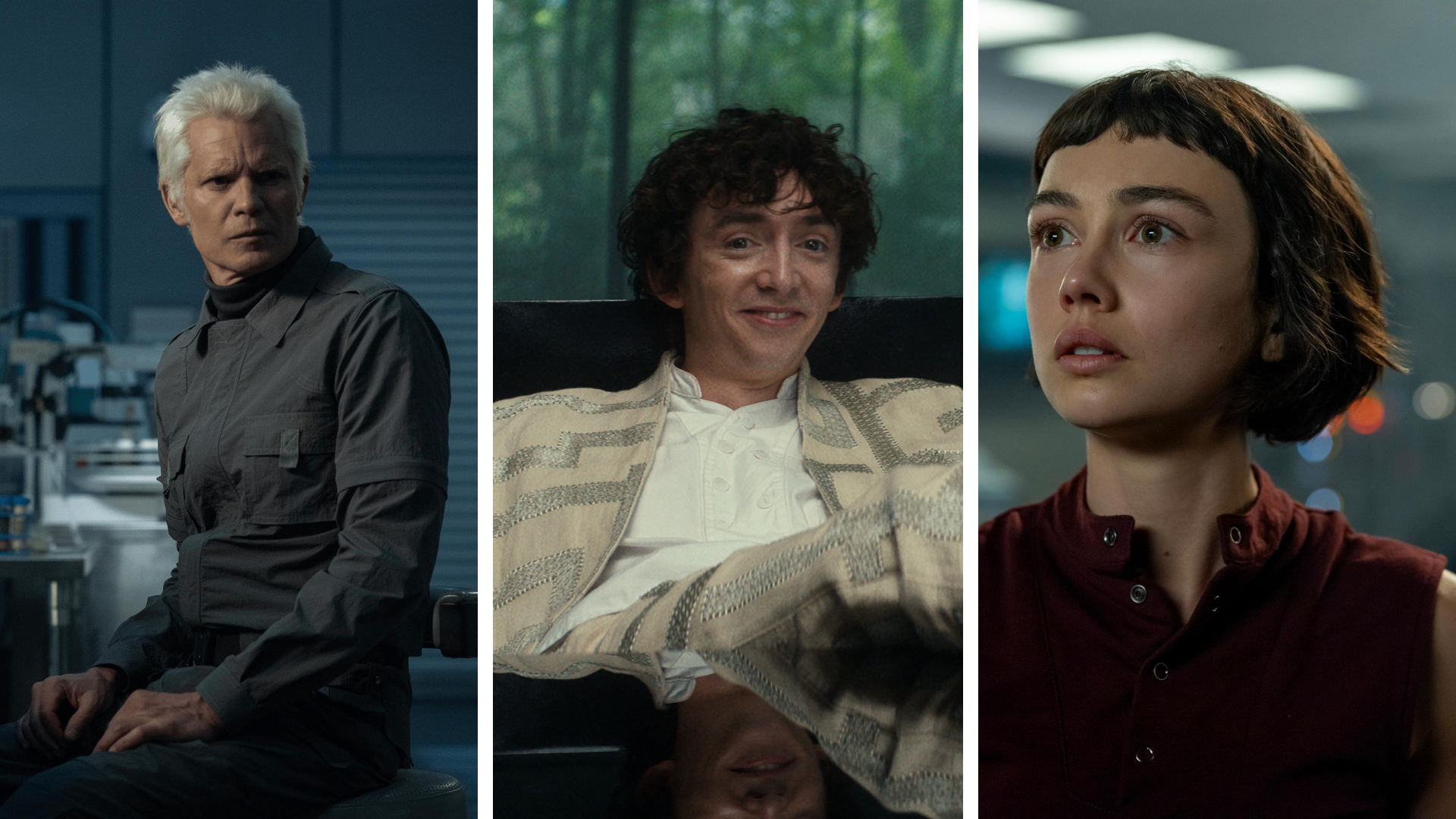
Breaking space news, the latest updates on rocket launches, skywatching events and more!
You are now subscribed
Your newsletter sign-up was successful
Want to add more newsletters?

Delivered daily
Daily Newsletter
Breaking space news, the latest updates on rocket launches, skywatching events and more!

Once a month
Watch This Space
Sign up to our monthly entertainment newsletter to keep up with all our coverage of the latest sci-fi and space movies, tv shows, games and books.

Once a week
Night Sky This Week
Discover this week's must-see night sky events, moon phases, and stunning astrophotos. Sign up for our skywatching newsletter and explore the universe with us!

Twice a month
Strange New Words
Space.com's Sci-Fi Reader's Club. Read a sci-fi short story every month and join a virtual community of fellow science fiction fans!
Much like the Xenomorph's life cycle, the "Alien" franchise continues to burgeon with the latest instalment, "Alien: Earth," which takes events to 2120 – two years before Ellen Ripley and the doomed crew of the Nostromo appeared in Ridley Scott's 1979 classic film.
Spoilers ahead! Created by Noah Hawley of "Legion" and "Fargo" fame, the show pushes the limits of horror and science fiction. Yet, it's the latter that proves to be the most intriguing in the series, as it showcases a version of Earth taken over by five major corporations: Lynch, Weyland-Yutani, Dynamic, Threshold, and Prodigy. The one which "Alien: Earth" dedicates the most time to is Prodigy, which is headed by Boy Kavalier (Samuel Blenkin), a young trillionaire and maverick genius who's equally allergic to wearing shoes and the consequences of his actions.
Kavalier has done the impossible here: he's successfully transferred human consciousness to a synthetic body. At his Neverland research island, through the groundbreaking Hybrid process, Kavalier takes in terminally ill children and moves their consciousness into ageless adult synthetic bodies. The reason he selects children for this procedure? A child's mind is supposedly more flexible than an adult's.
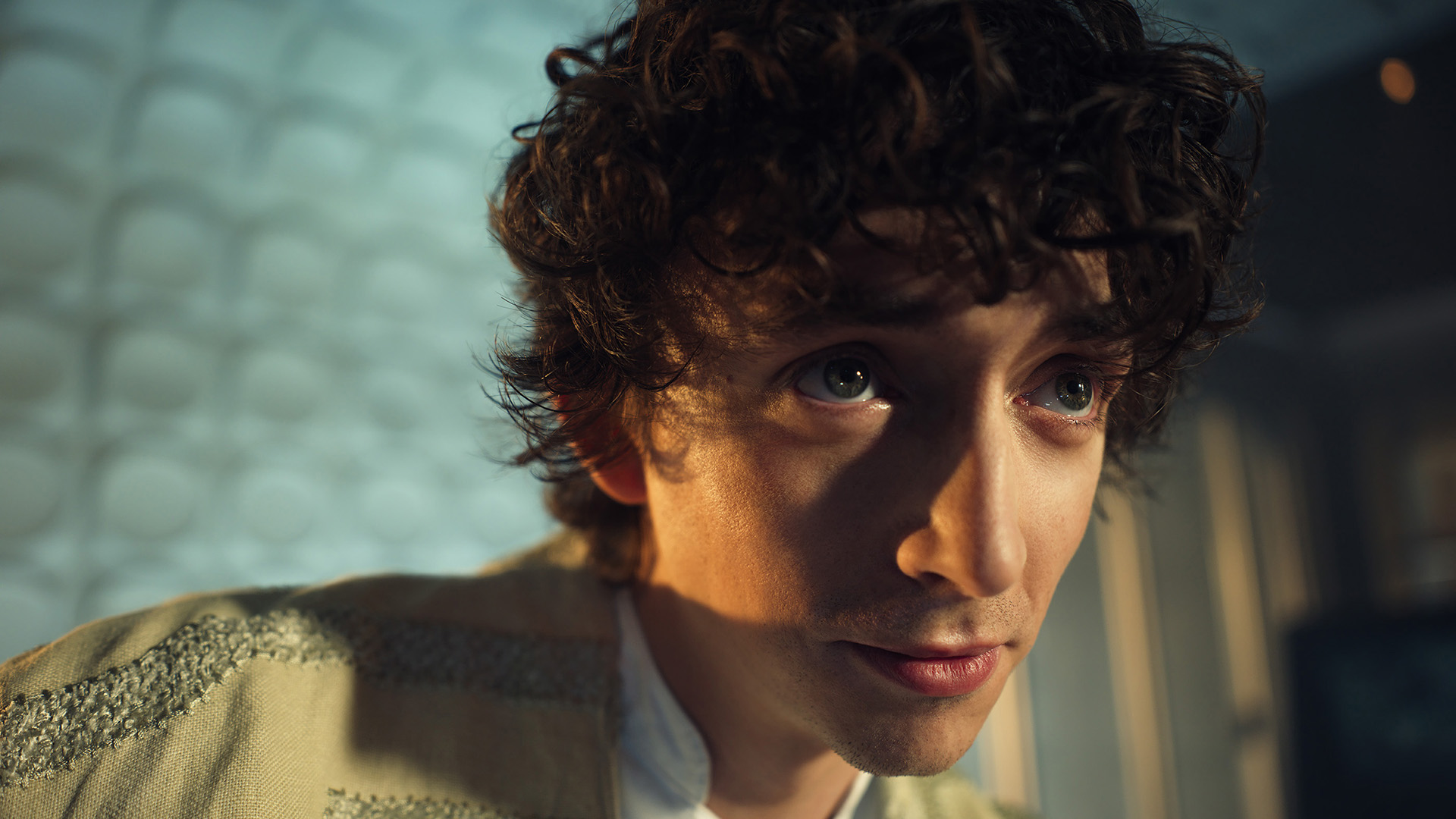
In the real world, the transfer of human consciousness remains a hot topic in both the scientific and artificial intelligence fields. In 2018, Open AI CEO Sam Altman invested in a company that plans to back up his own mind, and Altman told MIT Technology Review that he thinks this achievement will happen in his lifetime. With the rapid advancement of technology, especially in AI, one wonders if Altman's prediction will come true, and if the transhumanist future displayed in "Alien: Earth" is within touching distance?
According to a variety of experts, it's still decades – if not centuries – from becoming a reality, especially if we try to replicate Kavalier's methods in "Alien: Earth." Dr Hidenori Tanaka, an AI and physics expert at Harvard University's Center for Brain Science, tells Space.com that this approach would require recording everything that's happening in the brain using electrodes or optical measures. From there, a map of the brain would need to be formulated to understand how the billions of neurons are connected and interacting with each other. As it stands, the scientific frontier for this is the fruit fly. The next step would be to analyse the mouse brain, then the human brain at a much later stage.
For Tanaka, AI promises another potential path to achieve this, even though it isn't a strict transferral per se. "We are not trying to say the brain internally should be transferred to a computer or robot," Tanaka says. "But what we have been finding in this interface between AI and brain science is by the act of mimicking how we speak, how we classify images, or how we behave, we are starting to see much closer neural patterns inside of AI's brain and the real brain."
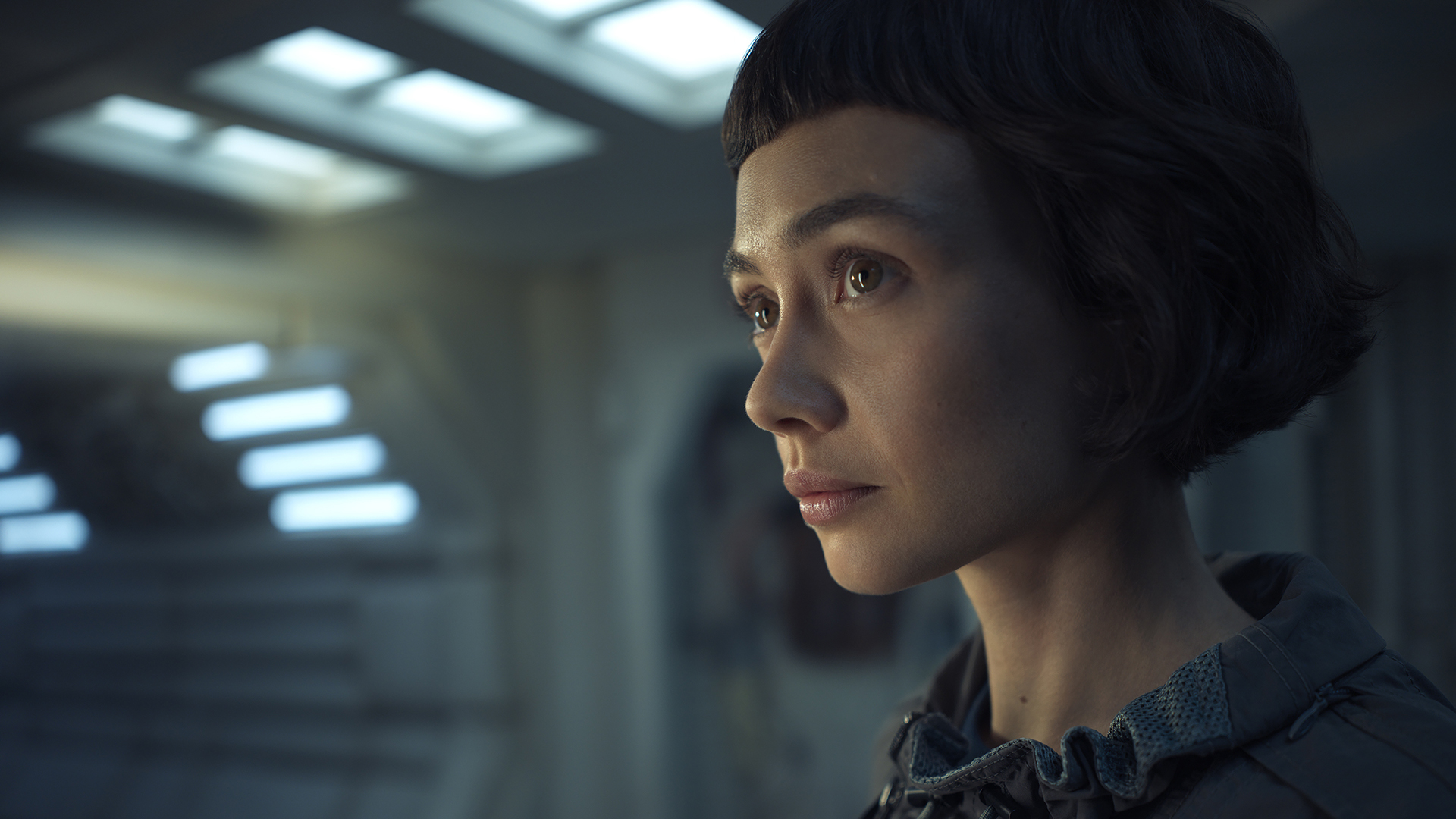
Theoretically, this could lead to a copy or clone of the mind; however, this raises another question altogether. "An uploaded mind might be a copy, not the original, questioning what 'self' means," Professor Sylvester Kaczmarek, an AI expert specialising in the space sector, says.
Breaking space news, the latest updates on rocket launches, skywatching events and more!
Professor Crystal L'Hôte, director of philosophy and ethics at St. Michael's College, shares a similar concern about the transferal of consciousness, especially in terms of identity and continuity of the person. Would this new body still be the same person with all their quirks and mannerisms, as well as sharing the same interests or dislikes, or a version of them? "We can model consciousness in computational terms," L'Hôte says. "And then we can create a simulation of consciousness based on that model. But we as yet have no evidence that that's anything more than a simulation of consciousness. So we could actually lose consciousness as it were in the process of trying to create it."
Like other experts, Marvin Kopka, an AI-human researcher at Technische Universität Berlin, sees the understanding of human consciousness as the biggest hurdle to overcome. "We do not even fully know what consciousness is or how it could be measured," Kopka says.
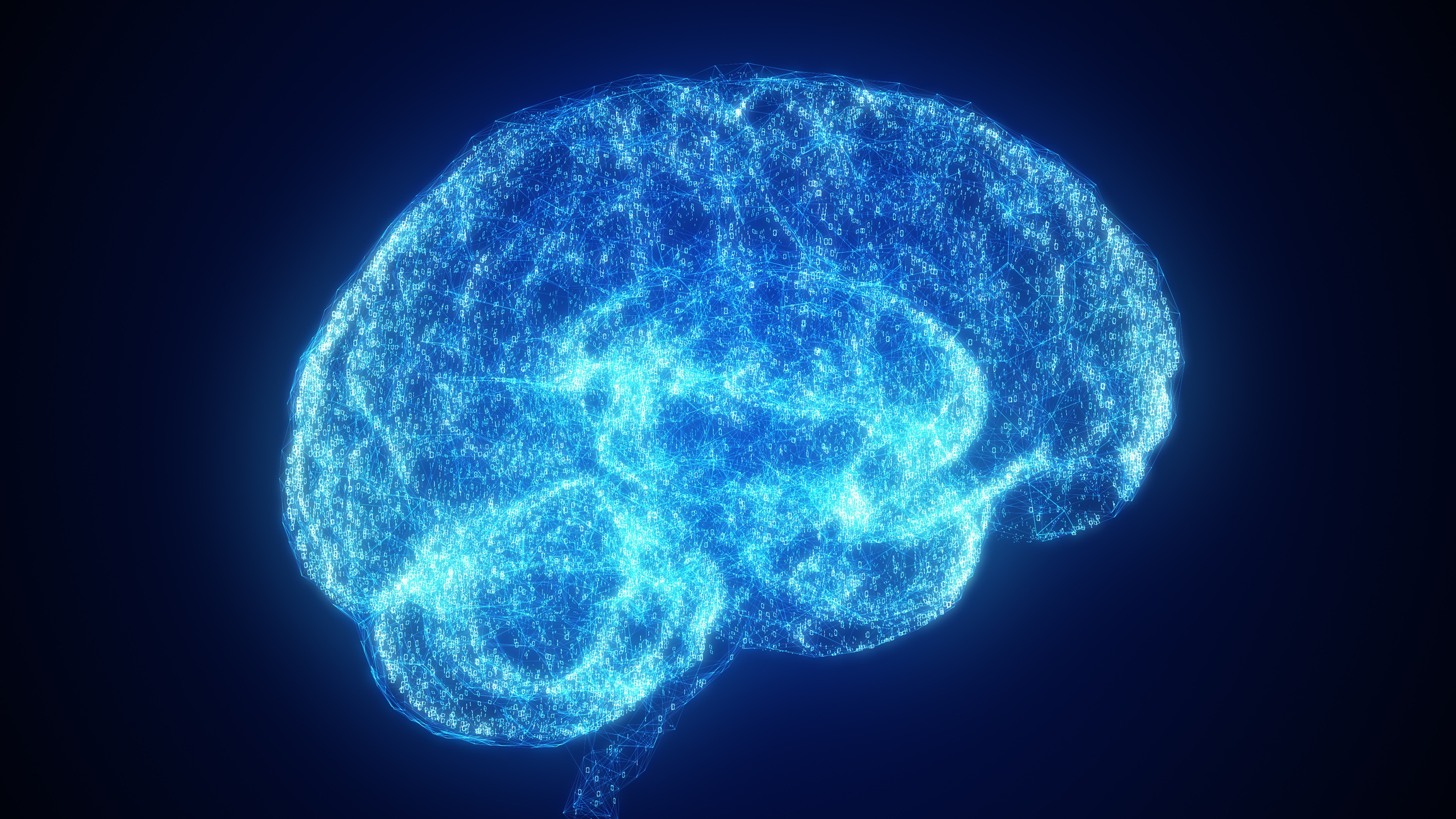
Perhaps it's an impossible task; that we're trying to define the indefinable. "I think people make the mistake of assuming that consciousness is the effects of consciousness, or what consciousness does, or how it manifests in the brain, but these are all consequences of consciousness," L'Hôte says, adding that it can't be defined in a functional way. "It's about experience, ultimately. What it's like to sip orange juice, what it's like to feel the sun on your face, what it's like to see a friend you haven't seen in ages – that's consciousness."
Understanding consciousness aside, another potential red flag needs to be raised about the equity of technology. If you look at access to AI tools now, the highest tier of these products proves to be pricey and unavailable to the average person. In the case of a revolutionary and life-changing innovation like the transfer of human consciousness, it begs the question: will it be readily available to everyone, or only the elite? It's a consideration that could lead to what Kaczmarek calls a "digital immortality divide," where only those with the funds or higher social status reap the rewards while the rest get left behind.
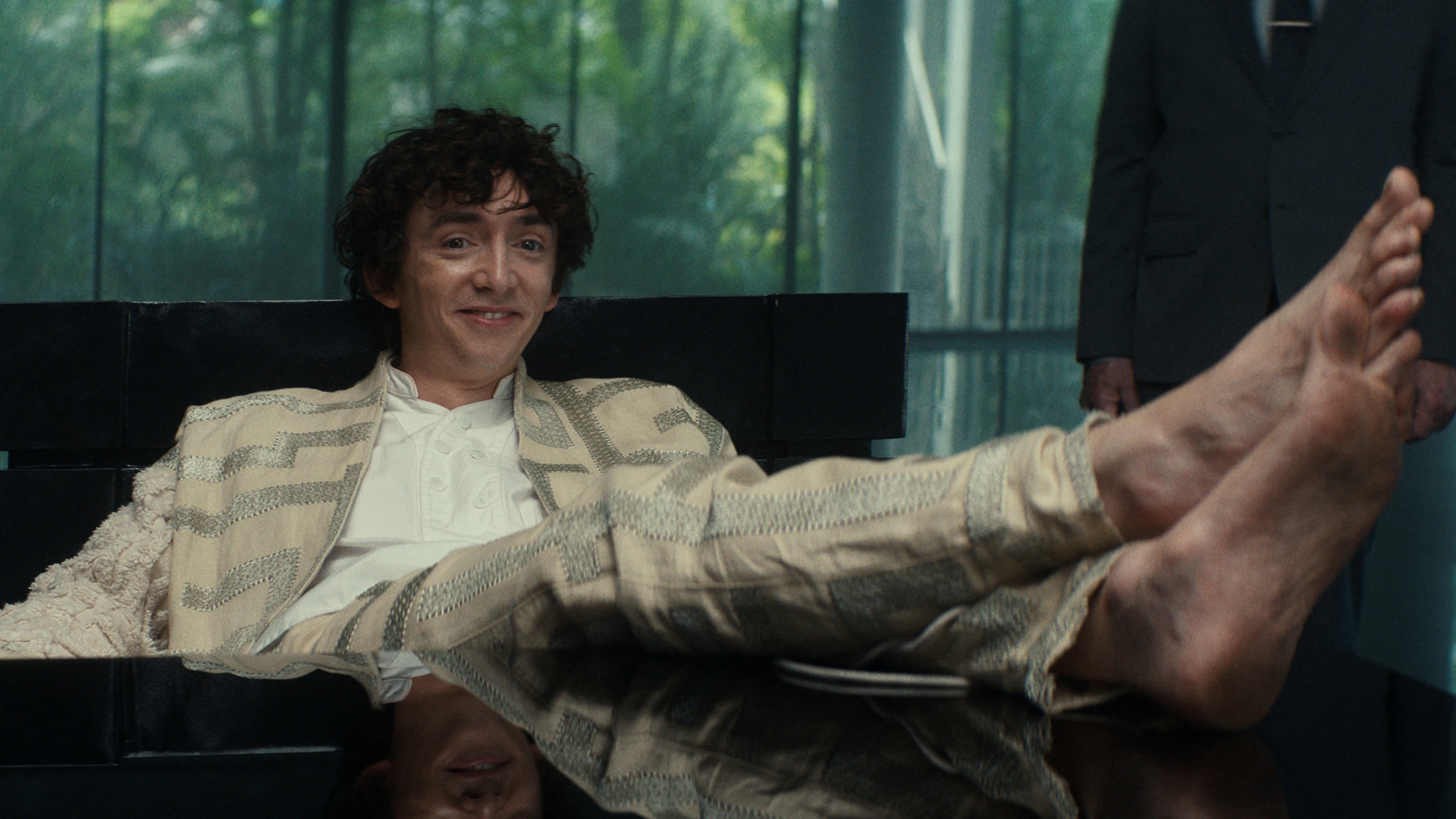
In addition to this, conversations and regulations surrounding consent, governance, cybersecurity, and data privacy would need to take place before the rollout of any mind-to-body transfers. Nobody wants to live in a real-life Black Mirror episode where a synthetic body gets ads, subscription tiers, or even data mined.
Having said all that, the transfer of human consciousness won't be a concern for a long time… probably. "Inventions, innovation, and technological progress come at you sideways," Rohit Patel, director at Meta Superintelligence Labs, explains, adding how it's impossible to predict trajectories and timelines despite the progress in a field.
"Inevitably, it may not be an AI system. It may not be a neural network scaled to trillions of parameters. It might be some quantum system that is able to do it. It might be something else entirely. We will probably tap out on this particular progress route, and then something will branch off. If I had to put my bet on it, whatever we would transfer to, it hasn't been invented yet."
"Alien: Earth" is available on Hulu (US) and Disney+ (UK)
Get over 70% off Nord VPN risk-free for 30 days
Crash landed on the other side of the world and still want to keep up with Alien: Earth? A VPN allows you to watch your streaming shows from anywhere in the world, avoiding pesky geoblocking restrictions.
There are lots of VPN services to choose from, but NordVPN is the one we rate best. It's outstanding at unblocking streaming services, it's fast and it has top-level security features, too. With over 5,000 servers, across 60 countries, and at a great price, it's easy to recommend.

Sergio Pereira is a scriptwriter and entertainment journalist covering movies, TV, video games, and comic books. His work has appeared in Looper, /Film, CBR, Screen Rant, IGN, and SYFY Wire. Sergio lives in sunny Johannesburg, South Africa with a clan of Chihuahuas that rule his bed and life.
You must confirm your public display name before commenting
Please logout and then login again, you will then be prompted to enter your display name.

